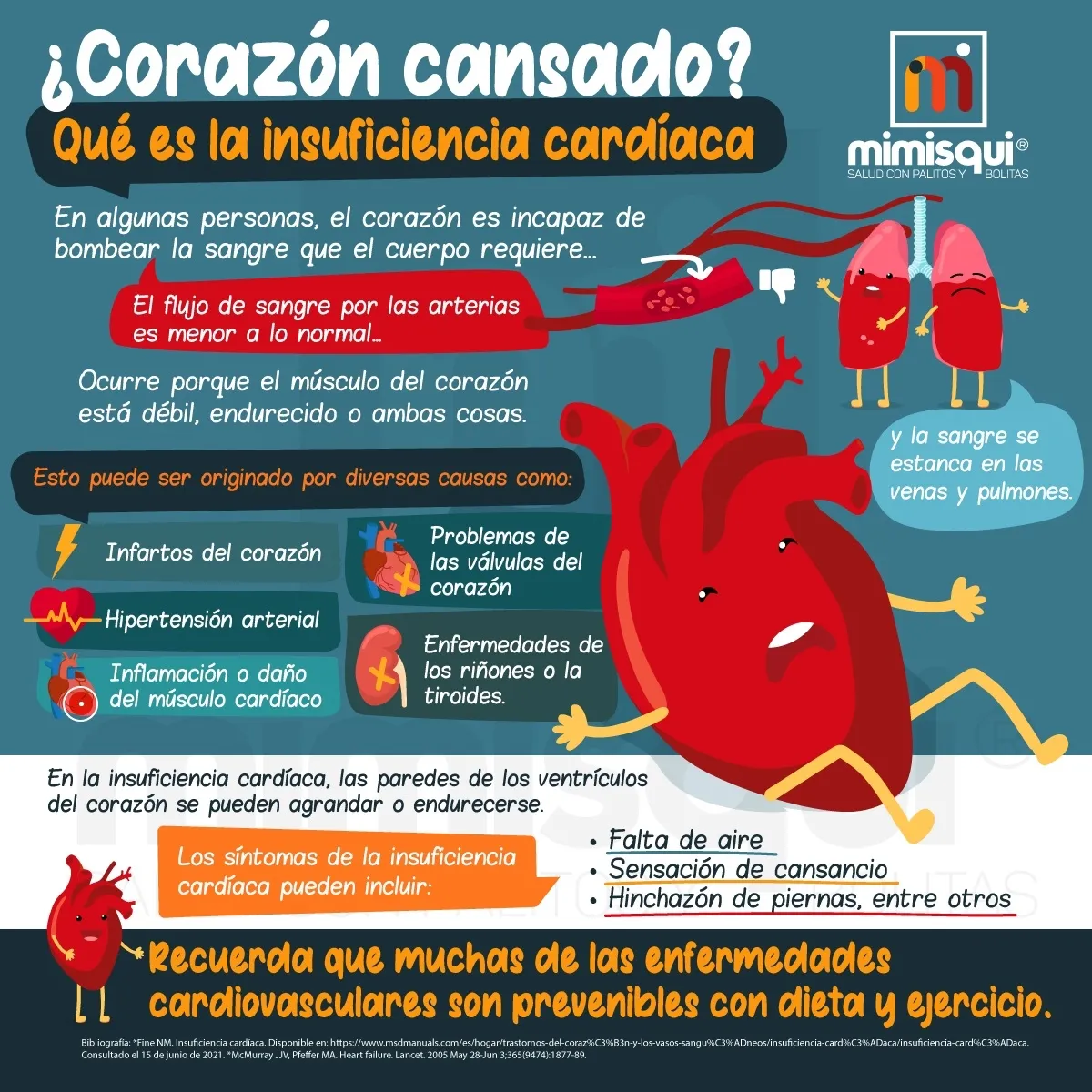"The idea we have to convey is that you have to be aggressive in the treatment of diabetes, try to prevent and treat it intensely so that the patient does not end up having complications."
It is the statement of Prado Salamanca, internist of the Virgen Macarena University Hospital (Sevilla) and one of the authors of a study that has defined the characteristics and prognosis of two "highly prevalent" diseases that "often" are associated, such as diabetesand advanced heart failure.
The internist of the Virgen Macarena emphasizes the work of internal medicine in the treatment of patients with these pathologies."In the event that a patient suffers both diseases, narrow follow -up because the prognosis has been worse," he emphasizes.Precisely, the research in which the Sevillian hospital has participated concludes in that idea, that advanced heart failure and diabetes mellitus make, together, decrease the survival rate of the patient who suffers them.
Therefore, from internal medicine they point out the work that day after day they do in the specialty: “The monitoring by the internist is intensive and can lead to those patients re -entering less, have a better quality of life and if we get that they die less, then better. ”And it is that the study has highlighted that diabetic patients suffering from heart failure have a “slightly different” profile to other types of patients who also have this second pathology.Prado Salamanca points out that the association of both pathologies can cause chronic kidney disease.
prognosis and profile of the patients studied
The research emphasizes that patients with advanced heart failure and diabetes mellitus have worse results in terms of mortality at six months.In addition, the study puts the relief that comorbidities and systolic blood pressure are two of the variables that are significantly related to mortality.Regarding cardiovascular mortality, the age, the number of comorbidities and the emergency visits rate are the variables that most influence.
On the other hand, the study emphasizes some characteristics that make patients have different profiles.Researchers underline that patients with advanced heart failure and diabetes mellitus have more comorbidity, while patients with advanced heart failure without diabetes mellitus have a higher cardiovascular disease rate.
In addition, scientists note that the conditions commonly found in patients with diabetes mellitus are hypertension, obesity, hyperlipidemia and chronic kidney disease, while coronary arterial disease and stroke are the ones that predominate the most in people with the two diseases.These conditions, they add, are "probably related" to a more advanced stage of pathologies, which leads to a "higher rate of vascular complications."
awarded by the semi
The heart failure unit of the Internal Medicine Service of the Virgen Macarena has been one of the centers that has participated in this study, for which a joint database of 74 Spanish hospitals has been used.This unit has received the ‘Serrano Ríos de Investigation’ award from the Spanish Society of Internal Medicine (SEMI) for its work.
This distinction involves recognition of the daily work made by internists, according to Prado Salamanca.In turn, it points to the "fundamental" work that is done from internal medicine to try to treat these patients in the best possible way that are usually "advanced and pluripatological age.""A close monitoring is beneficial forPatients, "he emphasizes, because" when in addition to diabetes we have a cardiac and renal affectation, the prognosis is even worse because we already have several affected organs, "he details.


